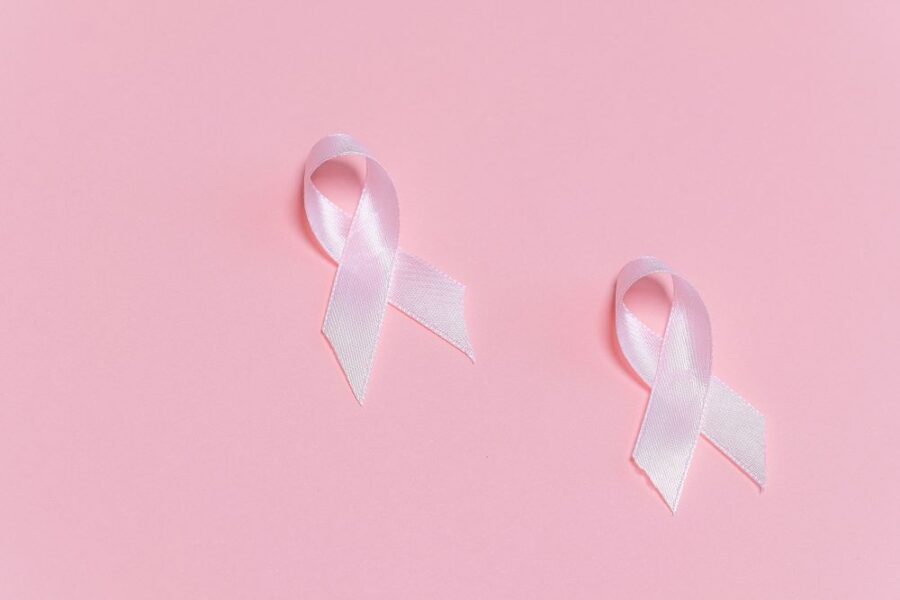Check your breasts this October
October is Breast Cancer Awareness Month, an annual campaign, which aims to increase the awareness of the disease and serve as an opportunity to raise funds for research into its cause, prevention, diagnosis and treatment. With the hope that in the not too distant future, a cure will be found!
Key breast cancer statistics in the UK
- 95% of breast cancer cases occur in women over 40 years old
- 1 in 7 women will be diagnosed at some point in their lives
- Breast cancer is the most common cancer, as over 56,000 women are diagnosed with it each year
- Thanks to research, more people are surviving breast cancer than ever before, yet there are still nearly 32 women who’ll die of breast cancer each day.
- 1 in 3 breast cancer cases are preventable through making changes to your daily habits
- Almost 45% of women in the UK reported never having checked their breasts for potential signs of breast cancer
Breast cancer is often thought of as something that only affects women, but men can get it in rare cases. It is important for males (especially those over 75 years with a high BMI) to check breast tissue for abnormalities as well. For this reason, we are urging everyone to check their breasts regularly and get checked out by a professional if something seems unusual for you.
Breast cancer symptoms to look out for:
- A new lump or thickening in your breast, upper chest area or armpit
- A change in size, shape or feel of your breast
- Skin changes in the breast such as puckering, dimpling, a rash or redness of the skin
- Fluid leaking from the nipple in a woman who isn’t pregnant or breastfeeding
- Changes in the position of the nipple
- Unexplained pain in your breast or armpit that’s there all or almost all the time
The earlier breast cancer is diagnosed, the easier it is to treat and the better the chance of successful treatment.
How to check your breasts
There is no special technique and you don’t need any training to start checking your breasts. It may feel like you’re unsure what you’re doing but get to know your body and any breast check is better than no breast check.
The easiest and most accurate way is to divide the breasts into four quadrants; the upper outer quadrant, outer lower quadrant, inner lower quadrant and inner upper quadrant. Examine each quadrant with the flat of your hand. It is important to do this regularly so that you are familiar with what each breast feels like normally. That way, should you notice any changes, you will pick them up straight away and changes won’t go unnoticed. It is important to remember to check your armpits as well.
Checking your breasts is a critical aspect of maintaining your overall health and wellbeing, playing a pivotal role in early detection and prevention. Breast cancer is one of the most common cancers affecting women worldwide, and it can also occur in men. The importance of regular breast checks, clinical breast examinations by healthcare professionals, and screening mammograms cannot be overstated.
Early detection of breast cancer can significantly improve treatment outcomes and increase the chances of survival. Regular self-exams allow individuals to become familiar with the normal texture and appearance of their breasts, making it easier to detect any unusual changes. Promptly reporting any abnormalities to a healthcare provider can lead to timely medical evaluation and, if necessary, early intervention.
It is essential for everyone, regardless of gender, to understand the importance of regular breast checks, as early detection remains one of the most effective tools in the fight against breast cancer. By taking this proactive step, individuals can contribute to reducing the impact of breast cancer and potentially saving lives.
